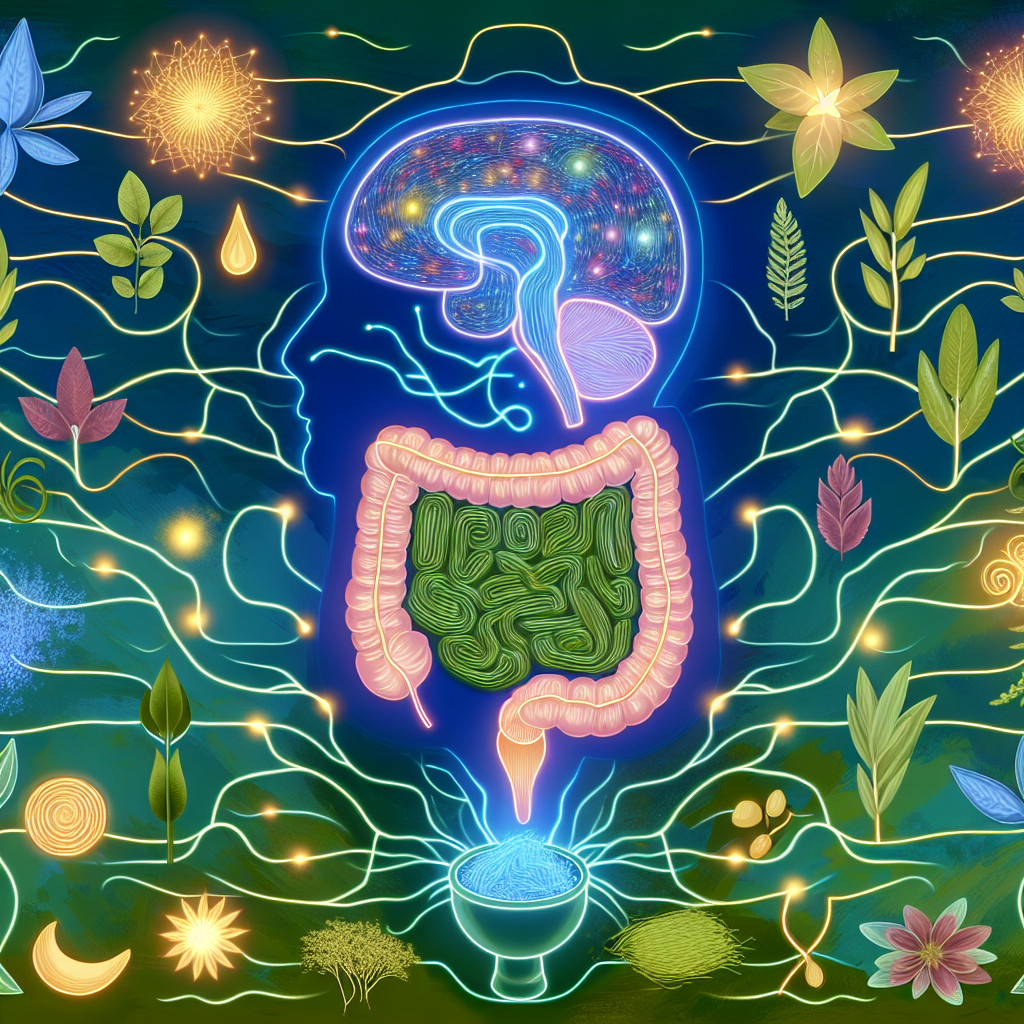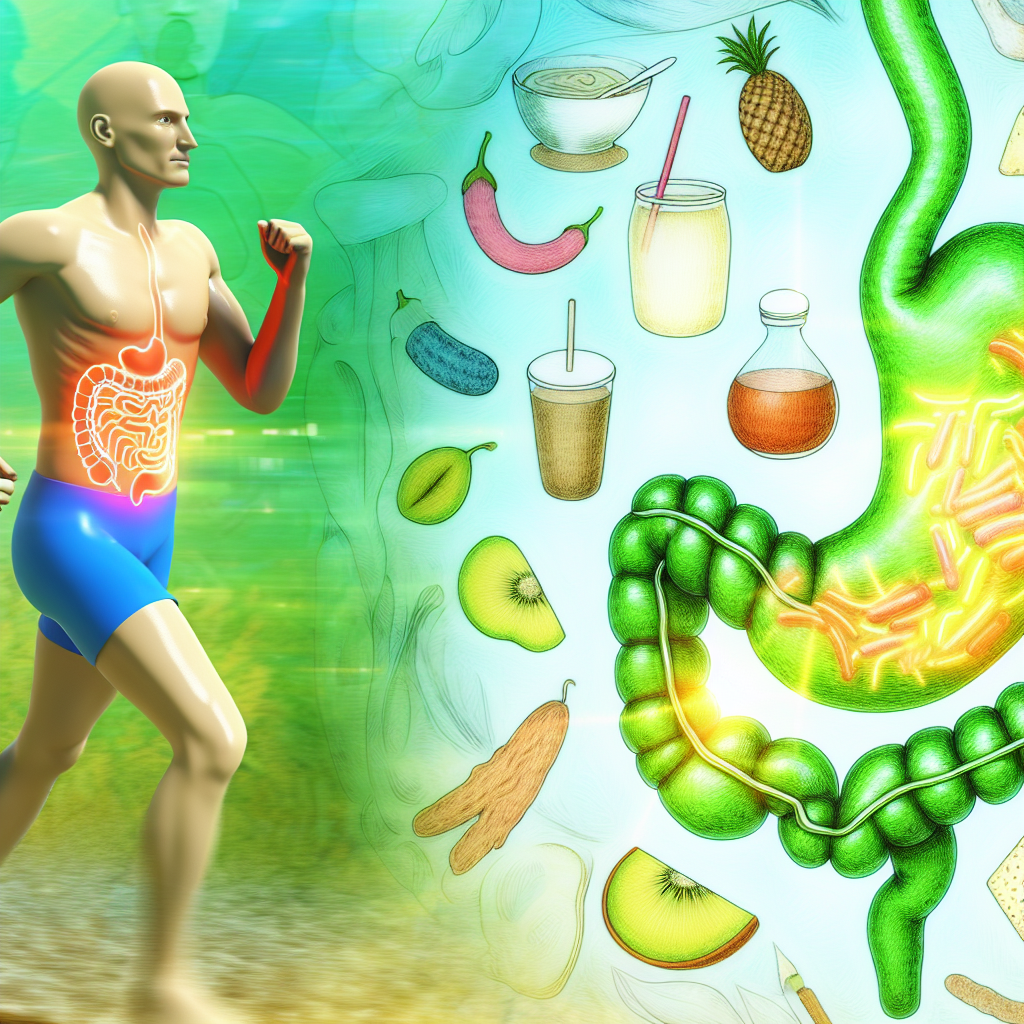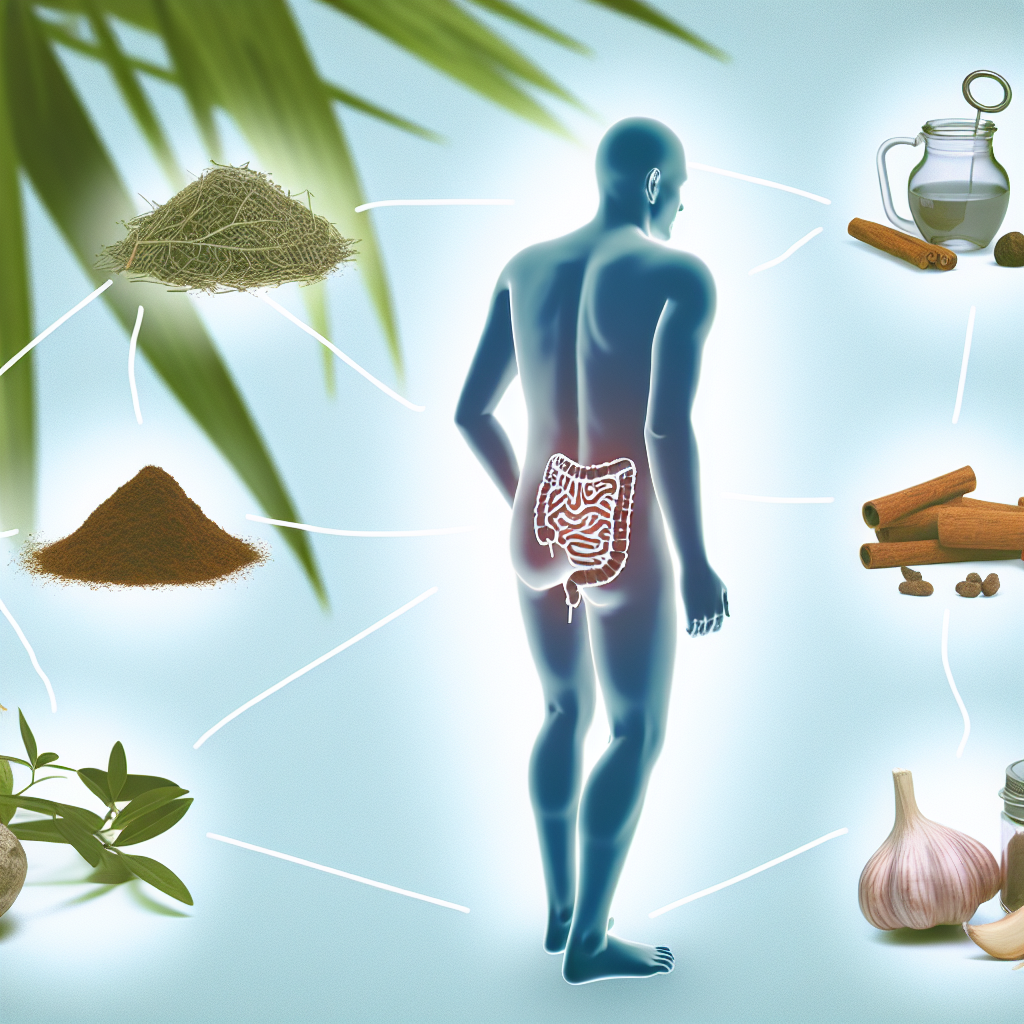Healing Gut-Brain Axis Dysfunction with Adaptogens and Nervines
Discover how powerful herbs can restore harmony between your gut and mind naturally.
Understanding the Gut-Brain Axis: A Hidden Highway of Health
The gut-brain axis is a bi-directional communication network that links the central nervous system (CNS) with the enteric nervous system (ENS) in the gastrointestinal tract. This complex system plays a crucial role in emotional regulation, stress response, immune function, and digestion. Imbalances in the gut-brain axis are associated with conditions like irritable bowel syndrome (IBS), anxiety, depression, and chronic fatigue. Disruptions to this network, whether from stress, antibiotics, poor diet, or inflammation, can create a vicious cycle of dysfunction.
Nature’s Answer: How Adaptogens and Nervines Rebalance the Gut and Brain
Adaptogens and nervines are two classes of herbs that hold promise for supporting gut and brain health naturally. Adaptogens like ashwagandha, rhodiola, and holy basil help the body adapt to stress and restore balance, while nervines such as chamomile, lemon balm, and skullcap specifically support the nervous system, promoting a calm and stable emotional state. These powerful botanicals can modulate cortisol levels, reduce inflammation, and support microbiome health, optimizing the gut-brain dialogue.
Proven by Research: The Science Behind Herbal Healing
Scientific research has demonstrated the therapeutic potential of adaptogens and nervines for the gut-brain axis. Studies have found that ashwagandha can reduce stress-induced cortisol levels, while rhodiola and holy basil can modulate the gut microbiota and reduce intestinal permeability. Nervines like lemon balm and chamomile have also shown promise in improving gastrointestinal function and reducing anxiety associated with gut-brain axis dysfunction.
Gentle Warriors: Nervines and Their Role in Calming the Gut-Brain Axis
Nervines like lemon balm and chamomile have been studied for their ability to soothe the nervous system and reduce gastrointestinal distress linked to anxiety. These herbs can influence GABAergic pathways, a major mechanism of communication between the CNS and ENS.
Supporting the Microbiome: The Prebiotic Power of Herbal Allies
Emerging research suggests that adaptogens and nervines exhibit prebiotic potential, meaning they can feed beneficial bacterial strains like Lactobacillus and Bifidobacterium. This can reinforce the gut’s microbial integrity and, in turn, stabilize mood and cognitive function.
Conclusion: Rebalancing from Within
Adaptogens and nervines offer a powerful, synergistic approach to healing and balancing the gut-brain axis. By minimizing stress, supporting microbiome health, and calming the nervous system, these botanicals can help break the cycle of dysfunction that ties digestive and emotional disorders. Incorporating herbs like ashwagandha, rhodiola, chamomile, and lemon balm may restore the balance that modern life so often disrupts, marking a significant step forward in natural, sustainable healing for gut-brain health.
References
- Chandrasekhar, K., Kapoor, J., & Anishetty, S. (2012). A prospective, randomized double-blind, placebo-controlled study of safety and efficacy of a high-concentration full-spectrum extract of Ashwagandha root in reducing stress and anxiety in adults. Indian Journal of Psychological Medicine, 34(3), 255–262.
- Lopresti, A. L. (2020). The effects of Rhodiola rosea on stress and depression: A systematic review. Nutrients, 12(8), 1-14.
- Kennedy, D. O., Little, W., & Scholey, A. B. (2004). Attenuation of laboratory-induced stress in humans after acute administration of Melissa officinalis (Lemon balm). Psychosomatic Medicine, 66(4), 607-613.
- Amsterdam, J. D. et al. (2009). A randomized, double-blind, placebo-controlled trial of oral Matricaria recutita (Chamomile) extract therapy for generalized anxiety disorder. Journal of Clinical Psychopharmacology, 29(4), 378–382.
- Zhang, Y. et al. (2021). Herbal medicines and gut microbiota: Interactions and subsequent effects on health. Frontiers in Nutrition, 8: 676577.
Concise Summary:
Adaptogens and nervines, such as ashwagandha, rhodiola, chamomile, and lemon balm, hold promise for restoring harmony to the gut-brain axis. These powerful herbs can modulate cortisol levels, reduce inflammation, and support microbiome health, optimizing the communication between the digestive and nervous systems. By minimizing stress and calming the nervous system, adaptogens and nervines can help break the cycle of dysfunction that ties gut and brain health issues.

Dominic E. is a passionate filmmaker navigating the exciting intersection of art and science. By day, he delves into the complexities of the human body as a full-time medical writer, meticulously translating intricate medical concepts into accessible and engaging narratives. By night, he explores the boundless realm of cinematic storytelling, crafting narratives that evoke emotion and challenge perspectives.
Film Student and Full-time Medical Writer for ContentVendor.com




